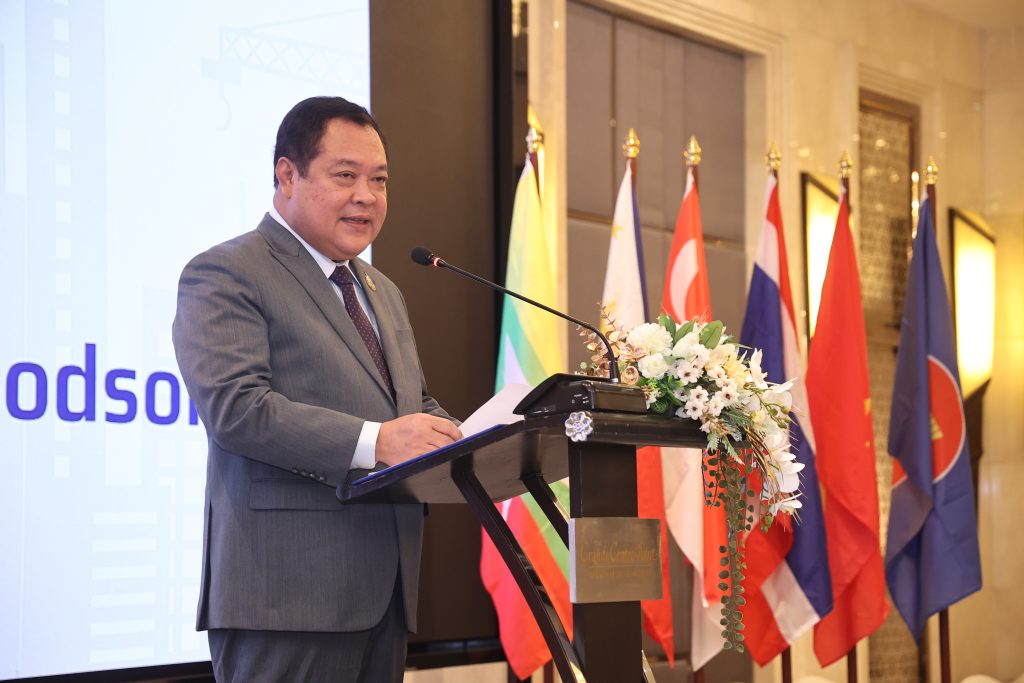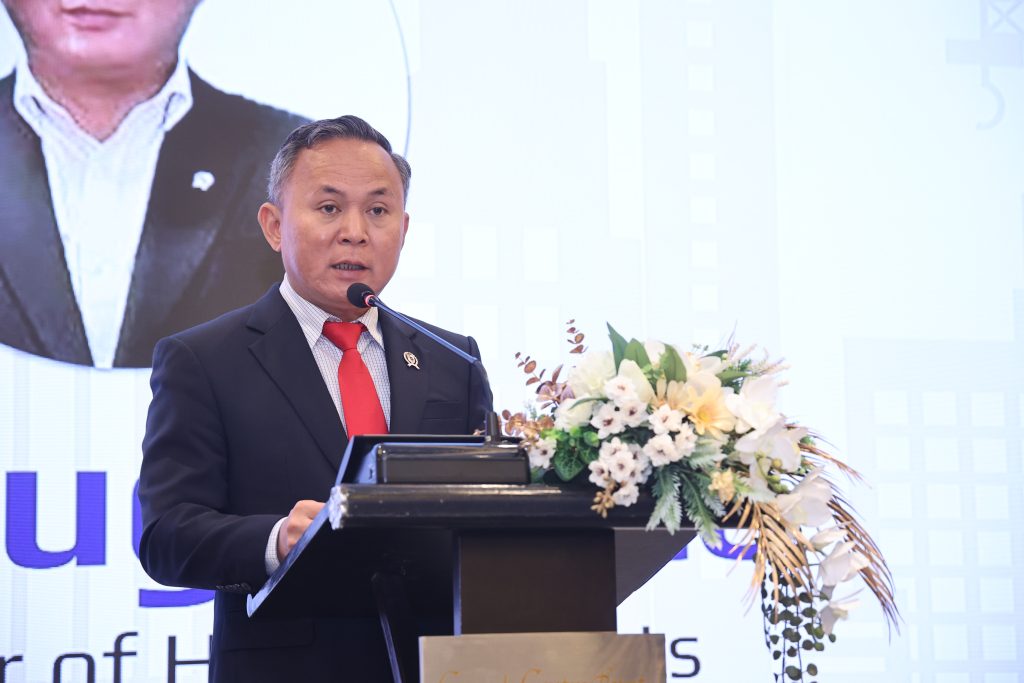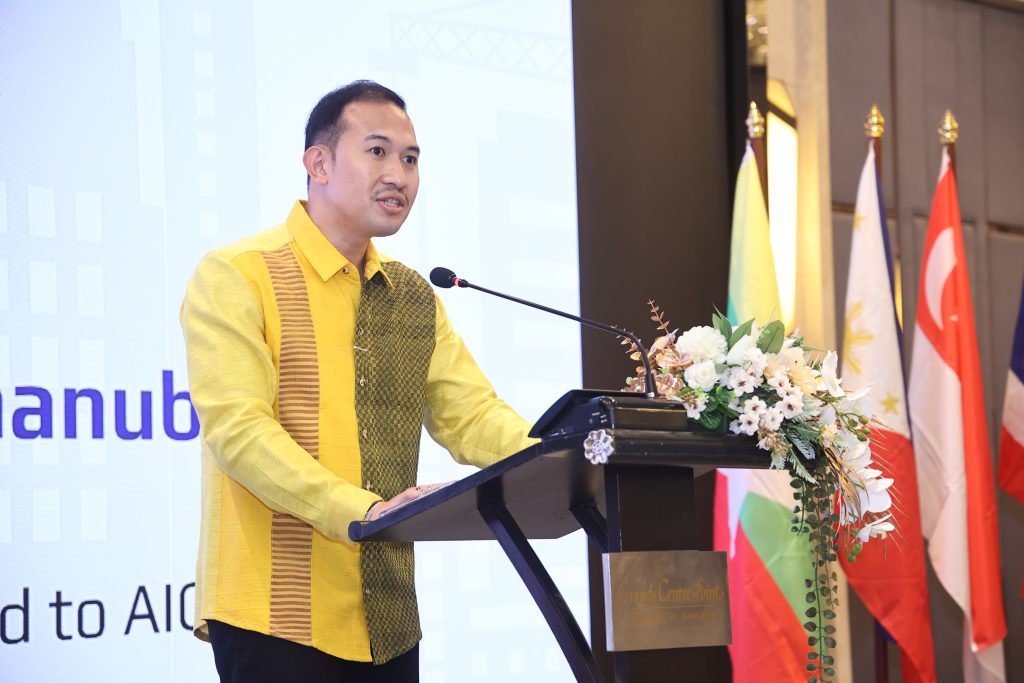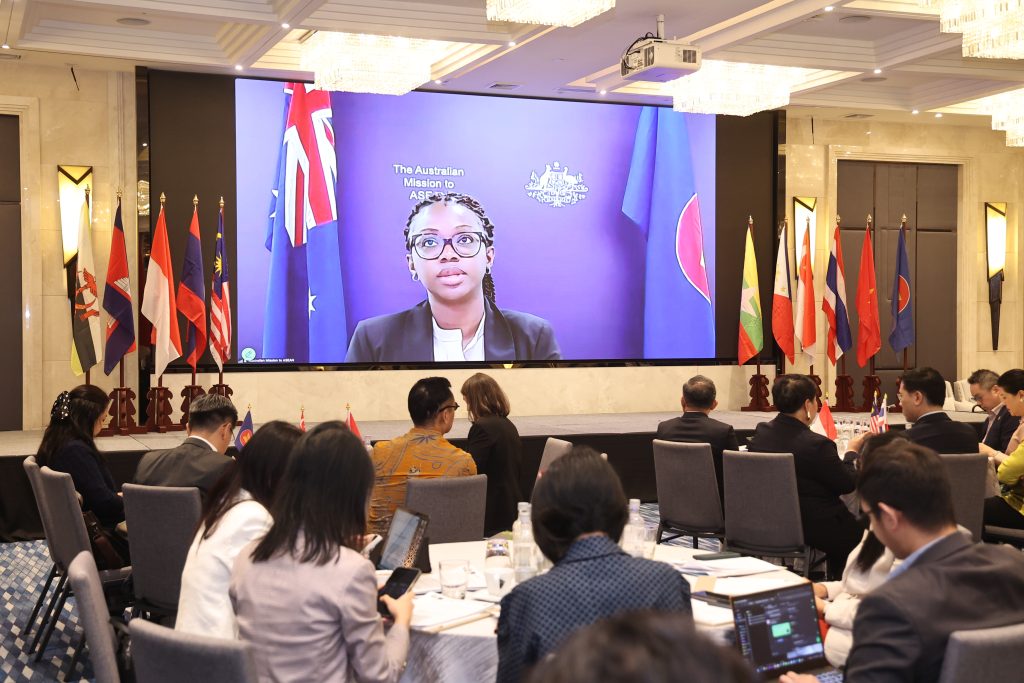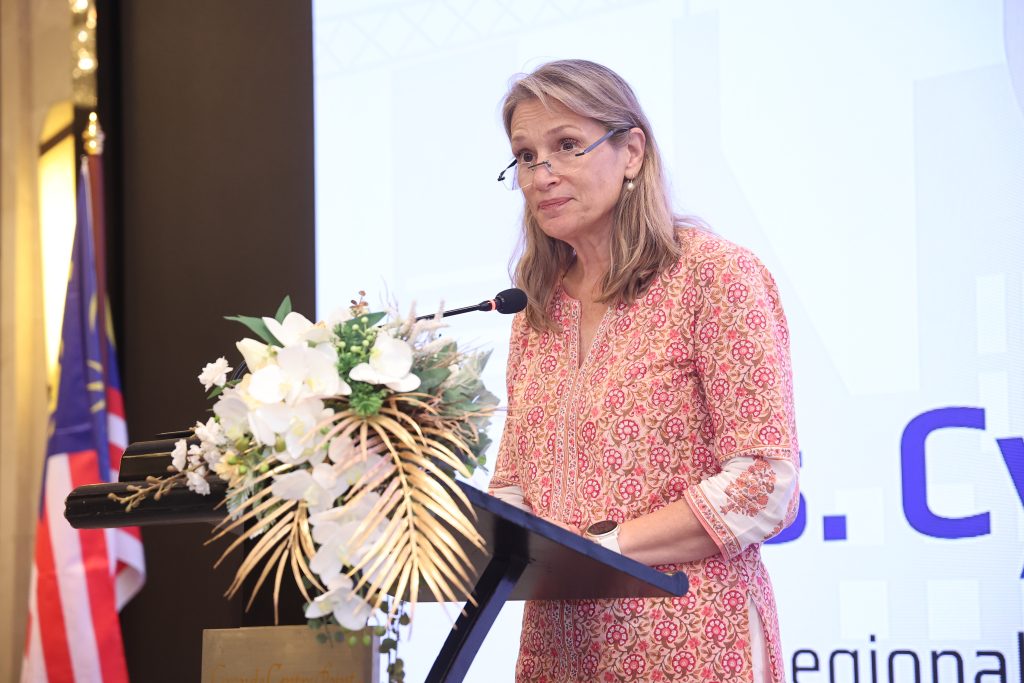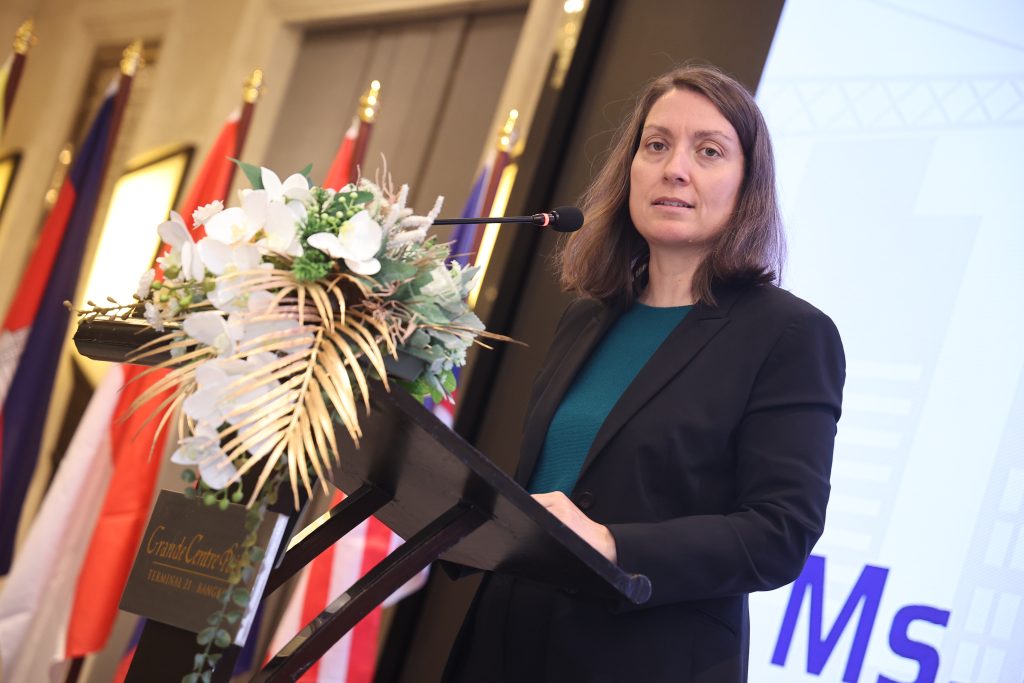Economic growth, business and migration are deeply intertwined in ASEAN. Yet migrant workers are among the most vulnerable populations to exploitation, forced labour and human trafficking, in Southeast Asia and beyond, due to a range of systemic factors. They work in all sectors, essential to business and economies – many of those sectors, such as fishing and construction, are considered high-risk workplaces for dirty, degrading and dangerous work.
Migrants in Southeast Asia are often in undocumented status due to the difficulties in going through formal recruitment processes, that often don’t align with industry needs and are lengthy and costly for workers. At the same time, migration has become highly politicised and securitised, putting migrants in situations of greater vulnerability.
Recognising this as a critical issue for Southeast Asia, the ASEAN Intergovernmental Commission on Human Rights (AICHR) facilitated a regional dialogue, with support from the ASEAN-Australia Counter Trafficking program and other international and national partners (21-22 July). ASEAN Sectoral Bodies, civil society, international organisations, and the private sector, contributed their insights in an interactive dialogue. Importantly, the dialogue engaged survivors of forced labour who offered firsthand perspectives on the systemic changes needed to protect migrant workers and uphold their rights.
Thailand’s Minister of Justice H.E. Pol. Col. Tawee Sodsong and Indonesia’s Vice Minister of Human Rights H.E Mugiyanto opened the dialogue, signaling strong political will to improving the situation for migrant workers, and the role of businesses in ensuring human rights due diligence (HRDD).
The dialogue demonstrated the positive progress towards HRDD in the region, and the development and implementation of National Action Plans on Business and Human Rights, particularly in Thailand, Indonesia and Vietnam. It highlighted the importance of dialogue, reflecting the need for businesses and workers to also be engaged in policy development – for example, in labour migration policy and recruitment.
While progress is evident, challenges in implementation remain, especially in informal sectors and small and medium enterprises (SMEs) where policies are often not enforced.
Mandatory due diligence regimes in destination markets, including Australia, are influencing standards in the region, but many SMEs – which make up the majority of businesses in ASEAN – lack the capacity to meet these standards. Multinational companies are better positioned to implement HRDD, as many already have, but exploitation and abuse persists in supply chains, often in SMEs where there is very limited capacity and they are disconnected from international markets.
Several government and non-government stakeholders highlighted that ASEAN, its Member States and the business community, have a shared responsibility to support SMEs in finding ways to improve standards. Experts also suggested that ASEAN does not need to rely on external models; the region has a rich tradition of respecting human dignity and rights and can lead the development and implementation of standards – it does not require looking to destination markets. Participants called for a shift in how migrant workers are perceived – not just as labourers, but as human beings deserving of dignity and respect. The dialogue served as an important platform for civil society and workers to engage with states and ASEAN bodies, and there was general agreement that policymakers both at regional and national level need to hear more from the voices of workers and their advocates.
Moving forward, AICHR will be looking at how it can lead more concrete action on business and human rights in ASEAN, collaborating across the political security and economic pillars, as well as with sectoral bodies. It will work with the relevant stakeholders in exploring greater accountability to ensure responsible business practices can be demonstrated and upheld. The dialogue demonstrated growing political will and offered a glimpse into what ASEAN can achieve through sustained collaboration to improve the plight of migrant workers. A sustainable multi-stakeholder platform that provides for genuine discussion, policymaking and reporting on progress may be one such approach.
—
The regional dialogue on responsible business and migration in ASEAN was led by AICHR with support from Thailand’s Ministry of Justice and the International Justice Mission (IJM), UN Human Rights Office of the High Commission (OCHR), International Organization for Migration (IOM) and Australian Government funded ASEAN-Australia Counter Trafficking program.
